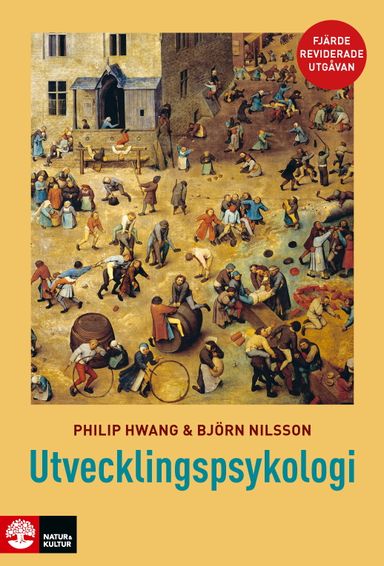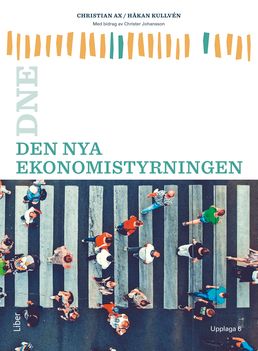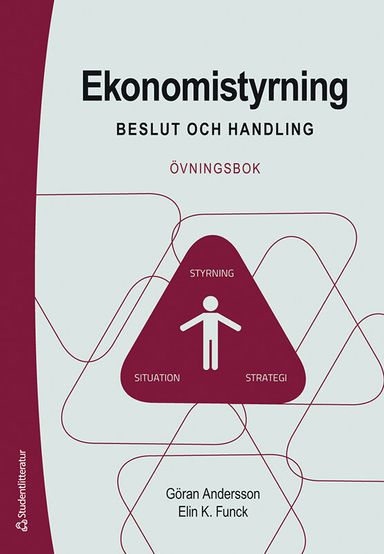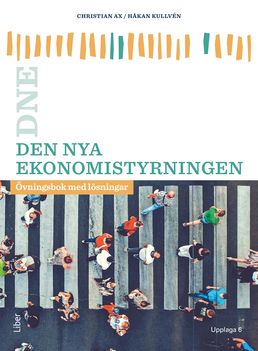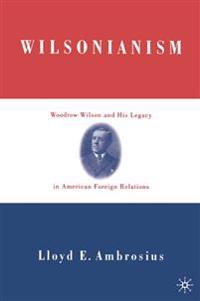

Wilsonianism Upplaga 2002
- Upplaga: 2002a upplagan
- Utgiven: 2002
- ISBN: 9781403960092
- Sidor: 233 st
- Förlag: Palgrave Macmillan
- Format: Häftad
- Språk: Engelska
Om boken
In Wilsonianism , American foreign relations specialist Lloyd E. Ambrosius has compiled his published and unpublished essays on Woodrow Wilson's liberal ideology and statecraft during and after World War I. Although the president failed in his pursuit of a new world order, his legacy of Wilsonianism - the principles of national self-determination, economic globalization, collective security, and progressive historicism - continued to shape U.S. foreign relations throughout the American Century. Ambrosius examines the American roots of Wilson's liberal internationalism, the dilemmas and contradictions in his principles, and the problematic consequences of U.S. efforts to implement Wilsonian ideals without fully appreciating the world's cultural pluralism as well as its economic and political interdependence. Offering a pluralist variant of the realist tradition in international relations, Ambrosius stresses the centrality of power; but maintains that culture and political economy as well as military strength determine the balance of power within and among nations or empires. Consequently, he concludes, making the world safe for democracy has been more problematic in practice, both at home and abroad, than proclaiming Wilsonian principles in the abstract.
Åtkomstkoder och digitalt tilläggsmaterial garanteras inte med begagnade böcker
Mer om Wilsonianism (2002)
I oktober 2002 släpptes boken Wilsonianism skriven av L Ambrosius. Det är den 2002a upplagan av kursboken. Den är skriven på engelska och består av 233 sidor. Förlaget bakom boken är Palgrave Macmillan som har sitt säte i London.
Köp boken Wilsonianism på Studentapan och spara pengar.
Referera till Wilsonianism (Upplaga 2002)
Harvard
Ambrosius, L. (2002). Wilsonianism. 2002:a uppl. Palgrave Macmillan.
Oxford
Ambrosius, L, Wilsonianism, 2002 uppl. (Palgrave Macmillan, 2002).
APA
Ambrosius, L. (2002). Wilsonianism (2002:a uppl.). Palgrave Macmillan.
Vancouver
Ambrosius L. Wilsonianism. 2002:a uppl. Palgrave Macmillan; 2002.


